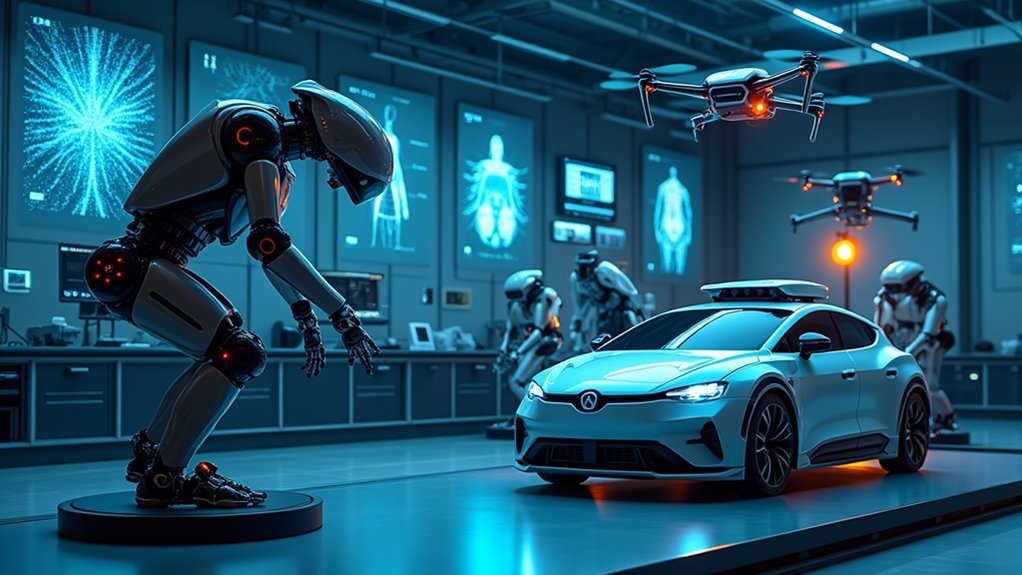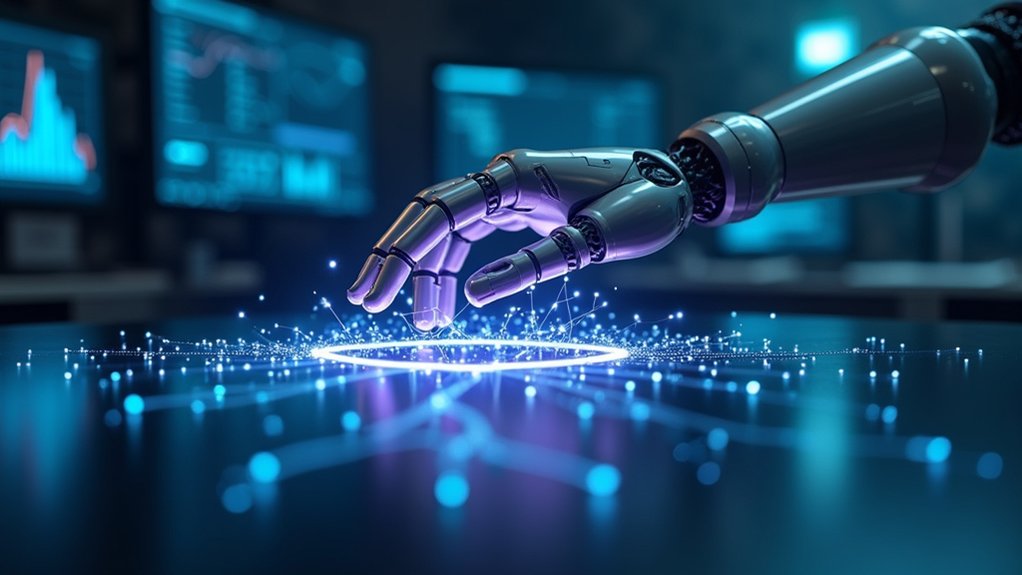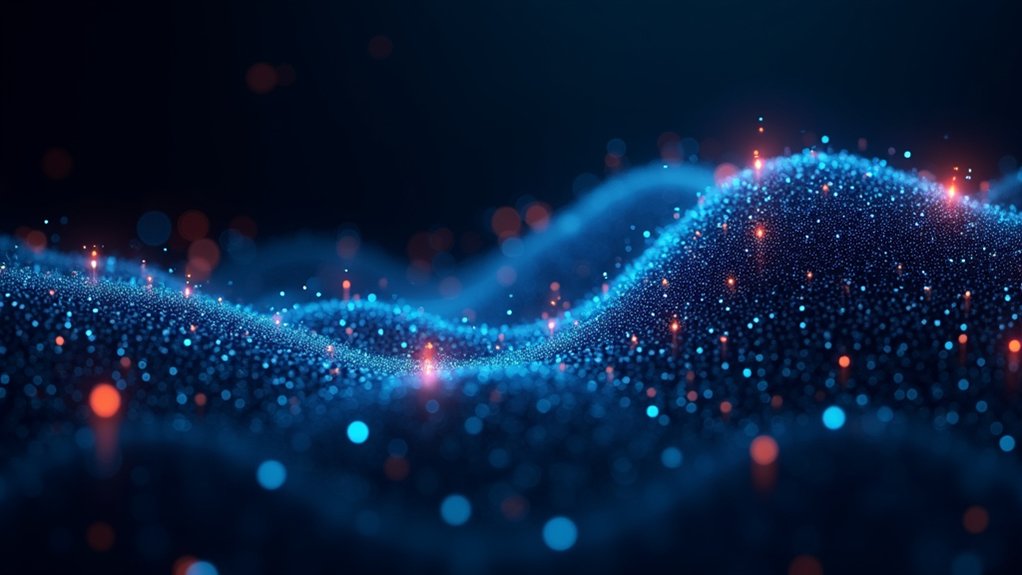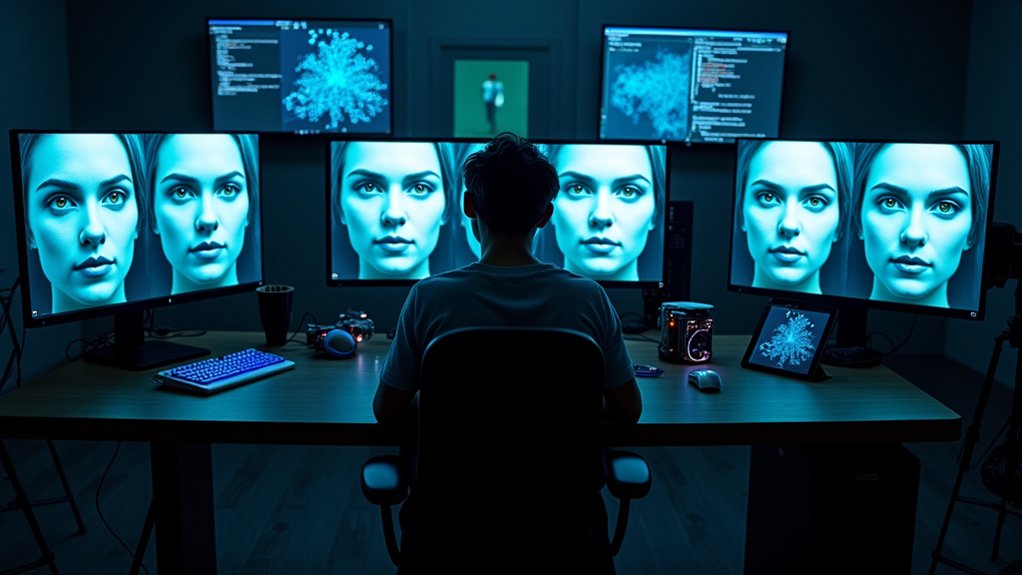Artificial intelligence has made impressive strides across multiple fields. GPT-3 and BERT have transformed language processing, while computer vision systems now recognize faces with 99% accuracy. In robotics, Boston Dynamics' Atlas performs parkour, and NASA's rovers navigate Mars autonomously. AI has defeated champions in complex games like Go and revolutionized healthcare by predicting protein structures and personalizing treatments. These advancements represent just the beginning of AI's expanding capabilities.
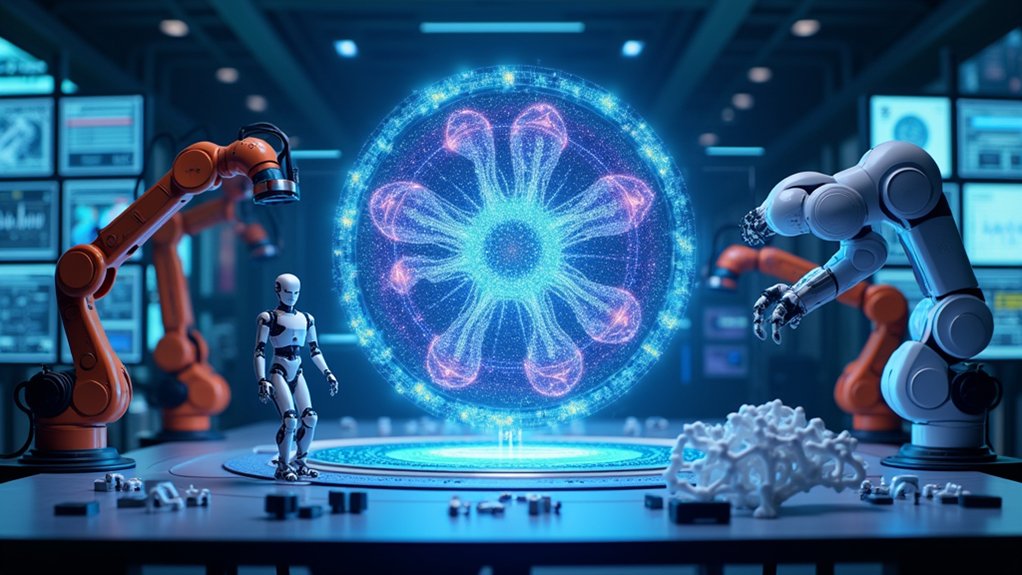
Artificial intelligence has transformed the world with remarkable breakthroughs across multiple fields. Since 2020, language models like GPT-3 with 175 billion parameters have revolutionized how computers understand human language. BERT achieved top results in 11 natural language tasks, while T5 showed how AI can transfer learning across different challenges. XLNet surpassed previous models in 20 tasks including answering complex questions.
Computer vision systems now recognize faces with over 99% accuracy. Modern object detection algorithms like YOLO v4 work in real-time, allowing machines to "see" the world instantly. AI can now generate fake photos so realistic that humans can't tell they're computer-created. In healthcare, AI systems have outperformed doctors at spotting breast cancer in mammograms. AI has revolutionized medical diagnostics through advanced imaging analysis that often detects diseases earlier than traditional methods.
Robots have made amazing progress too. Boston Dynamics' Atlas robot can perform parkour and backflips like a gymnast. Soft robotic hands can now handle delicate objects without damaging them. Factories use robots that safely work alongside human employees. Even on Mars, NASA's Perseverance rover uses AI to drive itself across the red planet.
AI has conquered games once thought too complex for computers. AlphaGo defeated the world champion in Go, while OpenAI Five beat professionals at the team game Dota 2. MuZero mastered chess, Go, and shogi without being taught the rules first.
In healthcare, AI predicts protein structures that could lead to new medicines. Algorithms analyze medical images and genetic data to personalize treatment plans. Some patients even receive mental health support from AI chatbots. CurialAI developed at Oxford University can detect potential COVID-19 patients with over 90% accuracy.
Self-driving cars are becoming reality. Waymo operates taxis without human drivers in Phoenix, while Tesla's Autopilot has logged millions of miles. The development of autonomous vehicles utilizes advanced algorithms and sensors to control operations and ensure passenger safety in real-time. AI also helps discover new scientific knowledge. AlphaFold solved the long-standing protein folding problem, while other AI systems predict extreme weather and discover new materials for batteries.
These advances show how AI continues to expand human capabilities across nearly every field.
Frequently Asked Questions
How Will AI Impact Future Job Markets?
AI will markedly reshape job markets by 2030, potentially displacing 300 million jobs worldwide while creating 97 million new ones.
Industries like finance, healthcare, and customer service face automation of routine tasks. Nearly 30% of U.S. work hours could be automated.
Workers will need retraining, with 83% believing AI skills increase job security. Emerging roles include prompt engineers and AI ethicists.
What Ethical Concerns Surround Advanced AI Development?
Advanced AI development raises several ethical concerns.
Bias in AI systems can unfairly impact minorities in facial recognition, hiring, and criminal justice.
Privacy issues emerge as AI collects massive amounts of personal data.
There's confusion about who's responsible when AI makes mistakes.
Many worry about job displacement, with 47% of US jobs at risk of automation.
These concerns highlight the need for careful oversight and regulation.
Can AI Develop Consciousness or Sentience?
Whether AI can develop consciousness remains an open scientific question. Currently, no AI systems show strong evidence of being conscious or sentient.
Some experts argue consciousness might emerge from complex information processing, while others maintain it requires biological structures.
The debate involves competing theories about what consciousness is and whether machines could ever truly experience subjective feelings. This question continues to challenge both scientists and philosophers.
How Is AI Regulated Across Different Countries?
AI regulation varies widely across nations.
The EU leads with its risk-based AI Act, banning certain applications like social scoring.
The US lacks extensive federal legislation, relying on sector-specific rules and state laws.
China implements strict algorithmic regulations while pursuing AI leadership by 2030.
Global cooperation exists through initiatives like the OECD AI Principles and UNESCO's ethics agreement, which 42 countries have adopted.
What Computational Resources Are Needed for Cutting-Edge AI Research?
Cutting-edge AI research requires massive computing power. Researchers typically use systems with multiple high-performance GPUs like NVIDIA A100s or H100s with 40-80GB memory each.
These setups need powerful CPUs with 64+ cores, several terabytes of RAM, and fast storage. Specialized hardware like Google's TPUs or Cerebras chips offer alternatives.
Software frameworks for distributed training help manage these resources efficiently. Cloud providers now offer on-demand access to these expensive systems.
